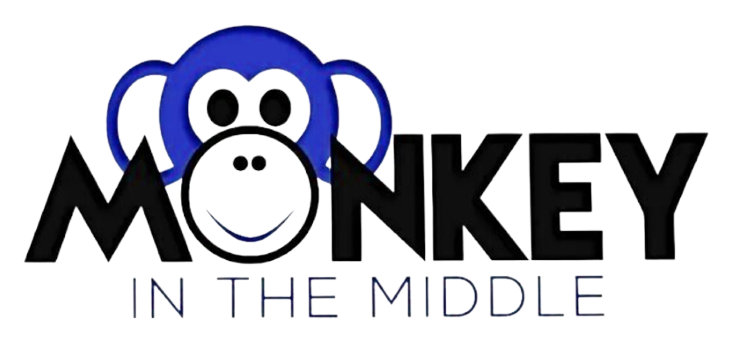Play Video
Introduction
Welcome to Monkey in the Middle, your ultimate guide to the world of powerful A.I. tools. In today's fast-paced digital landscape, artificial intelligence has become a game-changer for businesses and individuals alike. Whether you're a developer, entrepreneur, or tech enthusiast, understanding and harnessing the potential of A.I. tools can give you a competitive edge. In this comprehensive guide, we'll explore the fascinating world of A.I. tools, their applications, and how they can revolutionize your work.











